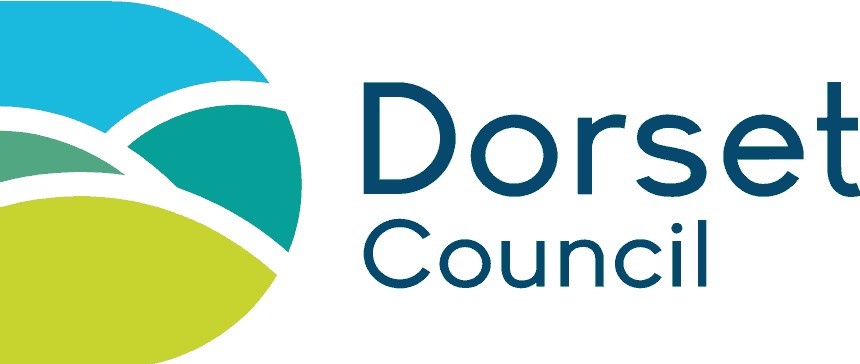Foster with Dorset Council - Fostering
Foster with Dorset Council
Dorset Council fostering service puts the children who need loving, local foster homes at the heart of everything we do. Our focus is on keeping local children close to their schools, friends and birth families.
Thanks to our local knowledge, good connections to essential services and 24/7 wrap around support, we’re best placed to find great foster carers for children and young people across Dorset.
Our aims
We want our children and young people to:
- be safe wherever they are
- enjoy positive relationships
- know their personal strengths and qualities
- feel that their voices are heard and listened to
- be confident and successful learners who can succeed in life
We have recently developed a strategic recruitment and retention strategy. This aims to support our recruitment of foster carers from a range of different backgrounds to reflect the needs of our children, and to grow our foster carer numbers. We are particularly in need of carers to support:
- Children aged 11-15 years
- Children with disabilities
- Unaccompanied asylum seeker children
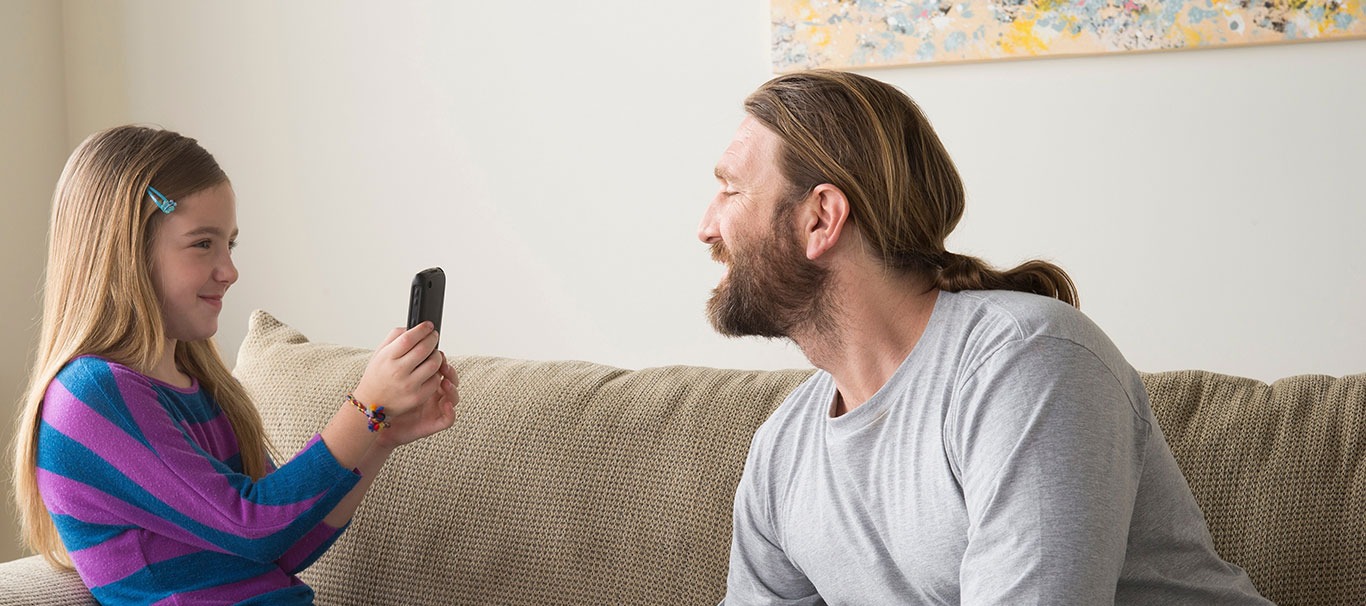
I'm new to fostering
Our focus at Dorset Council is to make sure that you’ve got all the information you need to help you decide if becoming a foster carer is the right path for you.
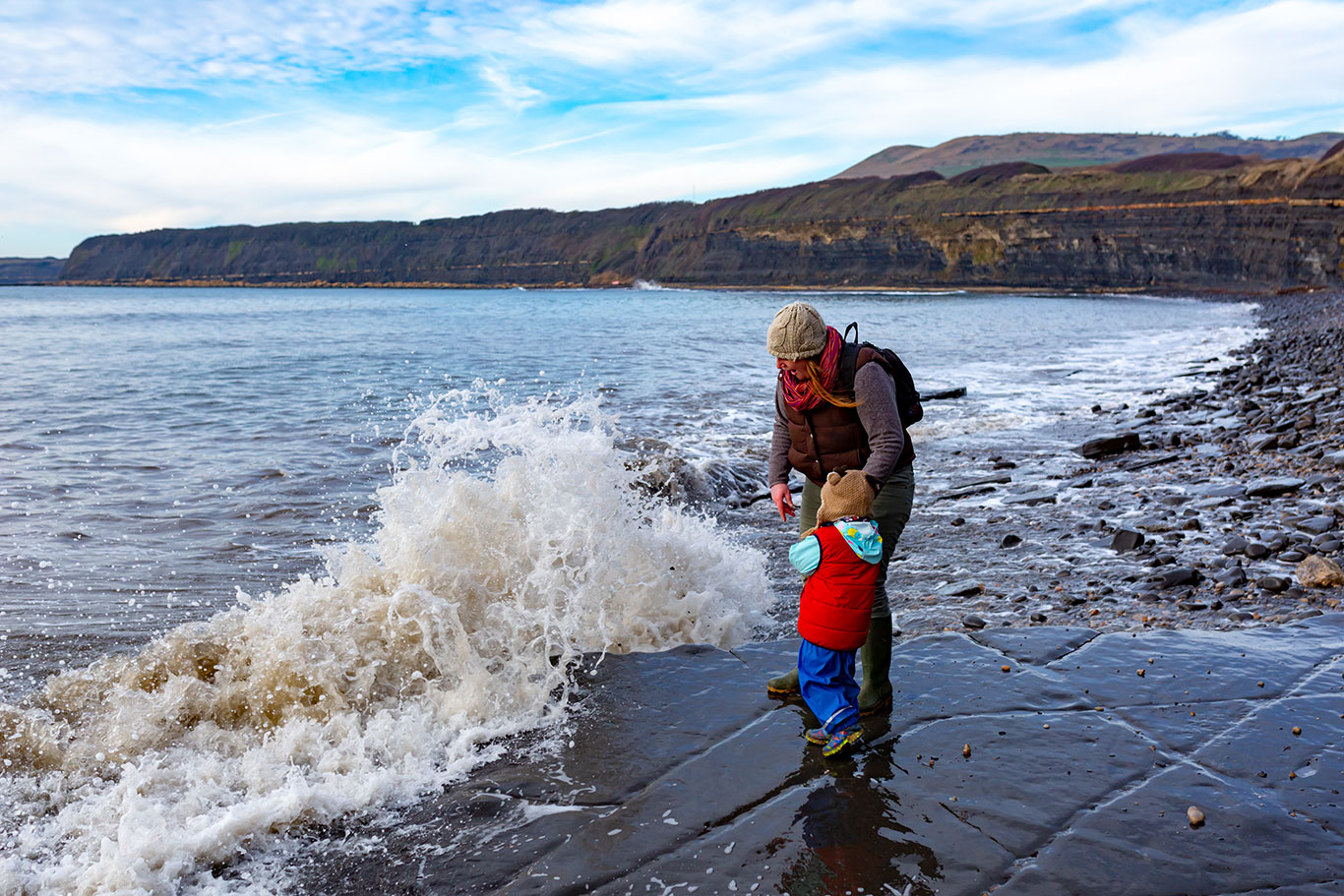
I'm returning to fostering
We don’t need to tell you how rewarding being a foster carer is, or how challenging it can be – as you already know!
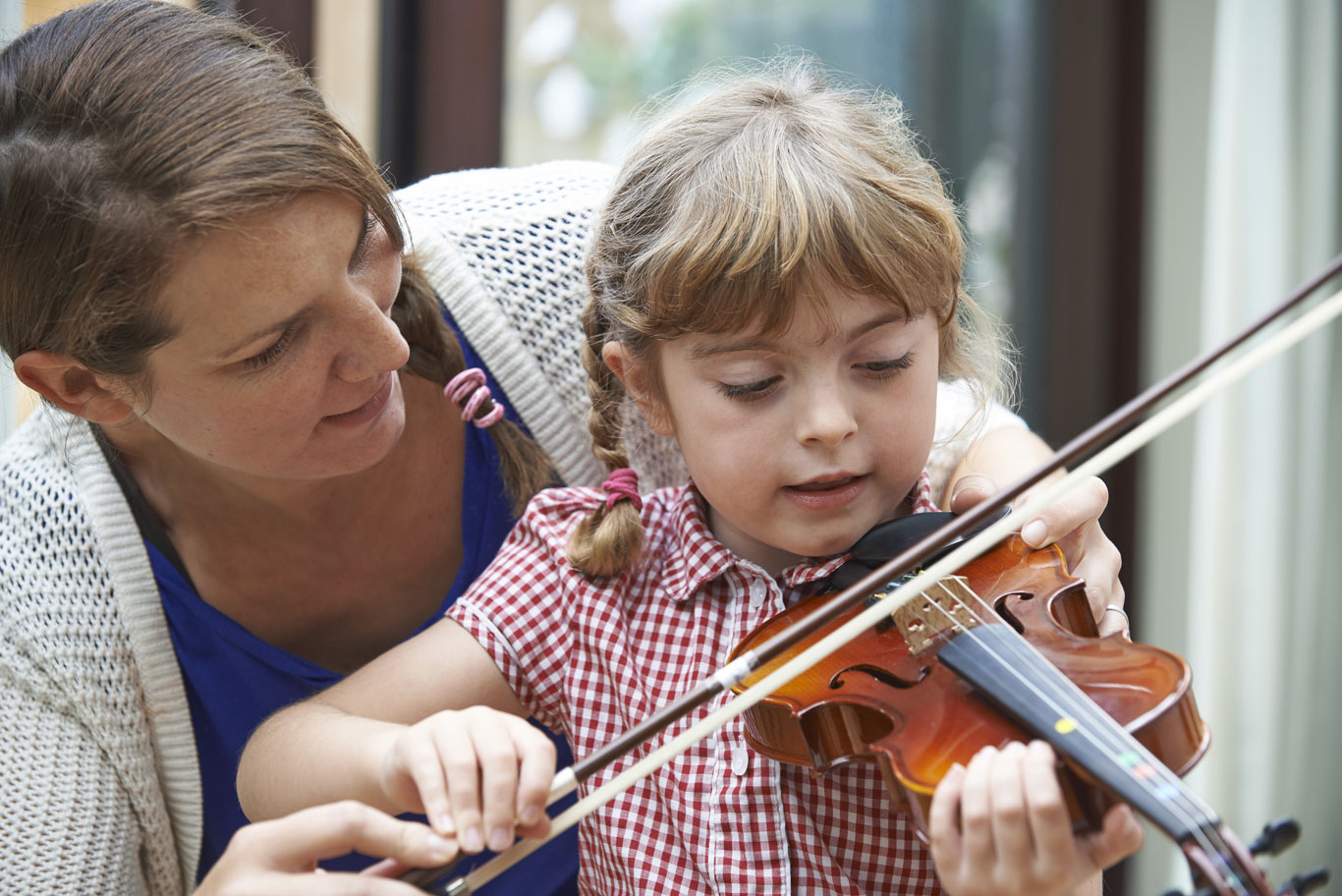
I'm looking to transfer
We don’t need to tell you how rewarding being a foster carer is, or how challenging it can be – as you already know!
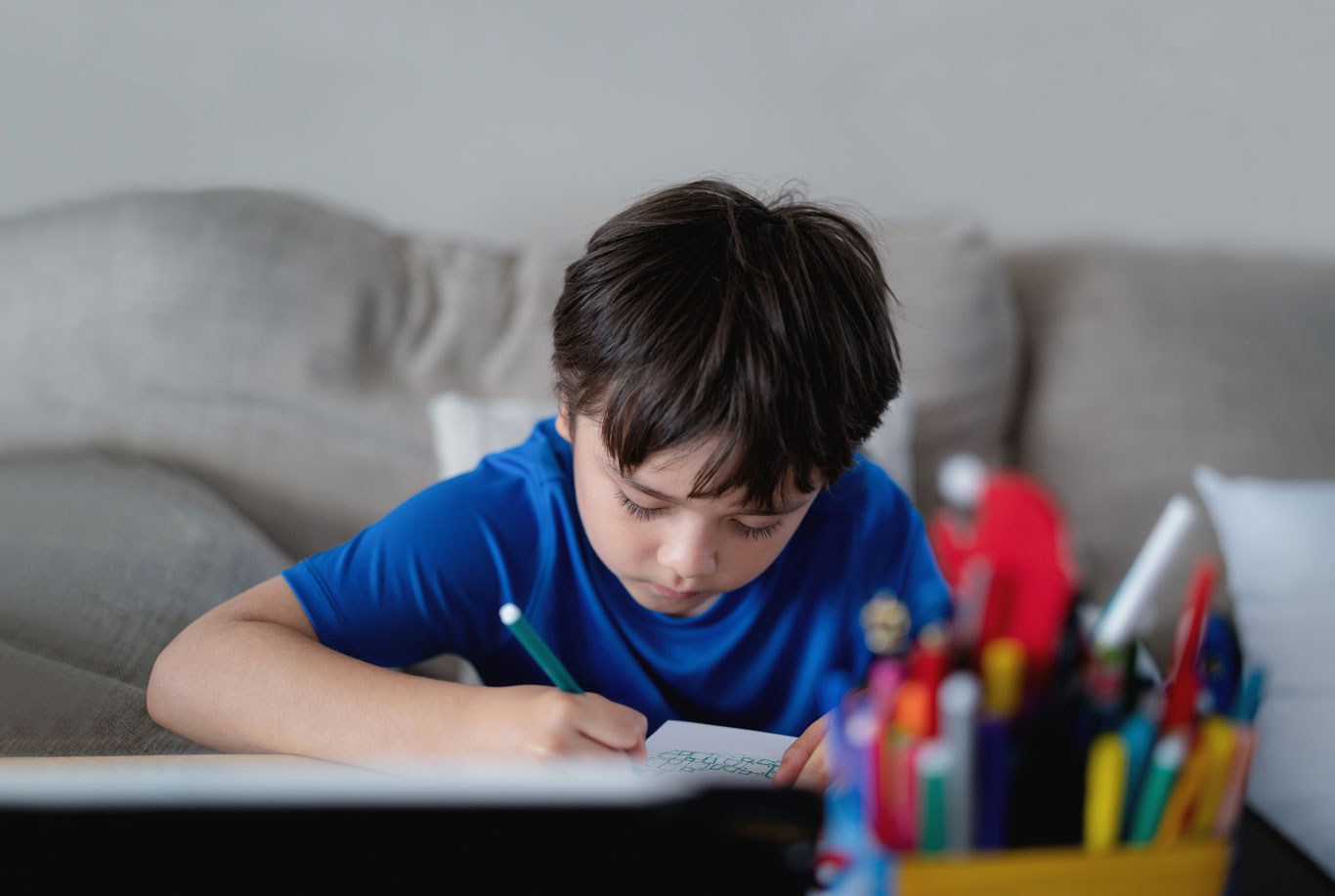
Start your fostering journey with Dorset Council.

Find out more about fostering with Dorset Council.

Download your free information pack today to discover more about becoming a foster carer and making a difference to a child's life.
